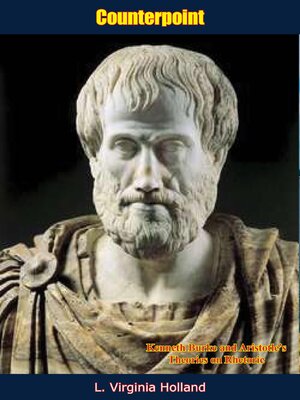
Sign up to save your library
With an OverDrive account, you can save your favorite libraries for at-a-glance information about availability. Find out more about OverDrive accounts.
Find this title in Libby, the library reading app by OverDrive.



Search for a digital library with this title
Title found at these libraries:
| Library Name | Distance |
|---|---|
| Loading... |
Kenneth Duva Burke (1897-1993) was an American literary theorist, poet, essayist, and novelist, who wrote on 20th-century philosophy, aesthetics, criticism, and rhetorical theory. As a literary theorist, Burke was best known for his analyses based on the nature of knowledge. One of the first individuals to stray away from more traditional rhetoric and view literature as "symbolic action," Burke was unorthodox, concerning himself not only with literary texts, but with the elements of the text that interacted with the audience: social, historical, political background, author biography. "It is not our purpose to discover Burke's indebtedness, conscious or unconscious, to Aristotle. The problem of influence is a difficult one and it is not at issue here. Rather, we merely hope to discover in what respects Burke's rhetorical theory and Aristotle's appear to be like or unlike. "We shall attempt, first of all, to set forth Kenneth Burke's basic assumptions regarding the nature of man, society, and the function of the speaker in that society. With these assumptions serving as the matrix of his theory, we shall next attempt to make Burke's theory of rhetoric explicit. We shall consider Burke's conception of (1) the function of rhetoric, (2) its definitions, (3) its scope, and (4) the methodological devices of which it makes use. Finally, using this same fourfold perspective, we shall compare Burke's conception of rhetorical theory with Aristotle's."—L. Virginia Holland







